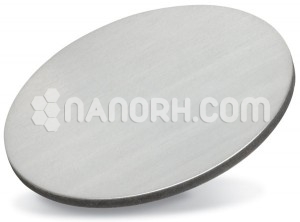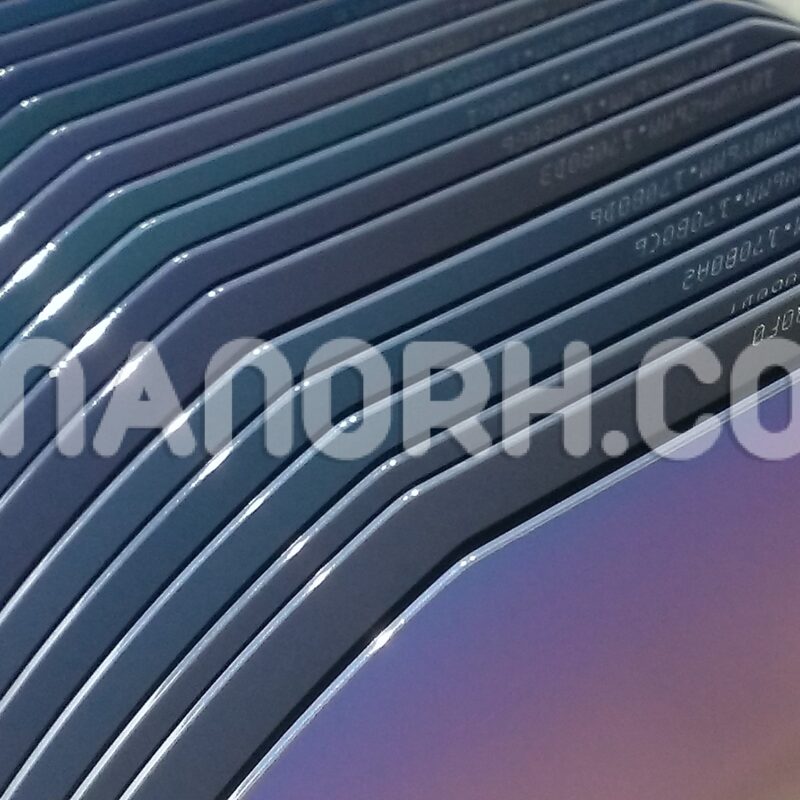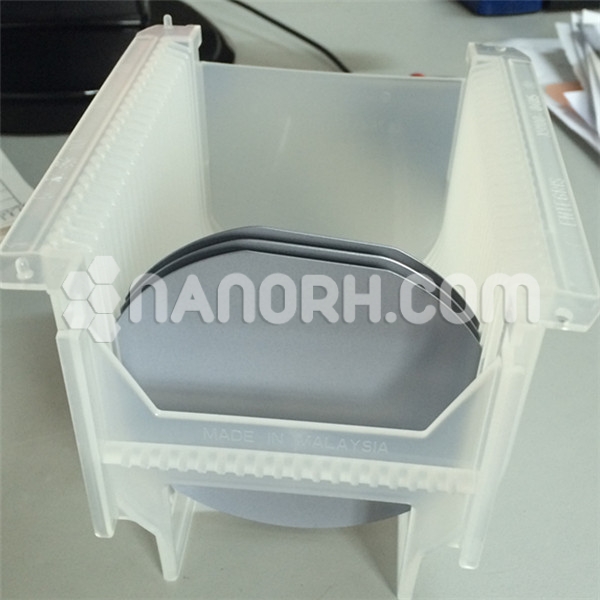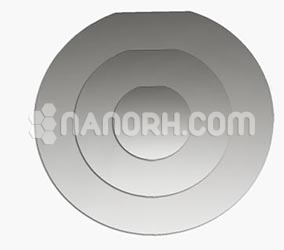| Cobalt Oxide Sputtering Target | |
| Product No | NRE-43033 |
| CAS No. | 1307-96-6 |
| Formula | CoO |
| Molecular Weight | 74.9326 g/mol |
| Purity | 99.99% |
| Density | 6.44 g/cm³ |
| Thickness | 3 mm ± 0.5mm (can be customized) |
| Diameter | 50 mm ± 1mm (can be customized) |
| Shape | Round |
| Resistivity | NA |
| Thermal Expansion | NA |
Cobalt Oxide Sputtering Target
Cobalt oxide sputtering targets are versatile materials with a wide range of applications across various industries. Their properties, such as catalytic activity, electrical conductivity, optical characteristics, and stability, make them suitable for diverse uses. Here’s a detailed breakdown of different applications and how cobalt oxide sputtering targets are deployed in these fields.
Catalysis
Industrial Catalysts:
Deployment: Cobalt oxide, especially Co₃O₄, is used to deposit thin films on catalytic substrates. These catalysts are employed in chemical reactors for processes like the oxidation of hydrocarbons and the water-gas shift reaction.
Applications: Petrochemical refining, environmental pollution control, and synthesis of chemicals and fuels.
Fuel Cells:
Deployment: Co₃O₄ thin films are applied to electrodes in fuel cells. This enhances the efficiency of the oxygen reduction and evolution reactions.
Applications: Hydrogen fuel cells, direct methanol fuel cells.
Battery Technology
Lithium-Ion Batteries:
Deployment: Cobalt oxide sputtering targets are used to create thin films of lithium cobalt oxide (LiCoO₂) for use as the positive electrode material in lithium-ion batteries.
Applications: Consumer electronics (smartphones, laptops), electric vehicles, and energy storage systems.
Electrochromic Devices
Smart Windows:
Deployment: Co₃O₄ thin films are applied to glass or plastic substrates to create electrochromic layers that can change color or opacity in response to an electric current.
Applications: Energy-efficient windows, displays, and smart glass technologies.
Sensors
Gas Sensors:
Deployment: Cobalt oxide thin films are deposited on sensor substrates to detect gases such as carbon monoxide (CO) and methane (CH₄). The material’s catalytic properties enhance the sensor’s sensitivity and response.
Applications: Environmental monitoring, industrial safety, automotive emission control.
Optical Coatings
Antireflective Coatings:
Deployment: Co₃O₄ thin films are used to coat optical surfaces, modifying their refractive index to reduce glare and enhance optical performance.
Applications: Lenses, eyeglasses, camera lenses, and other optical devices.
- Magnetic Materials
Magnetic Thin Films:
Deployment: Co₃O₄ thin films are applied to create magnetic materials used in sensors and data storage devices.
Applications: Magnetic sensors, read/write heads in hard disk drives, and other magnetic recording media.
Supercapacitors
Energy Storage:
Deployment: Co₃O₄ thin films are used in supercapacitors to enhance energy and power density by providing high pseudocapacitance.
Applications: Energy storage systems, power backup, and rapid charge/discharge applications.




